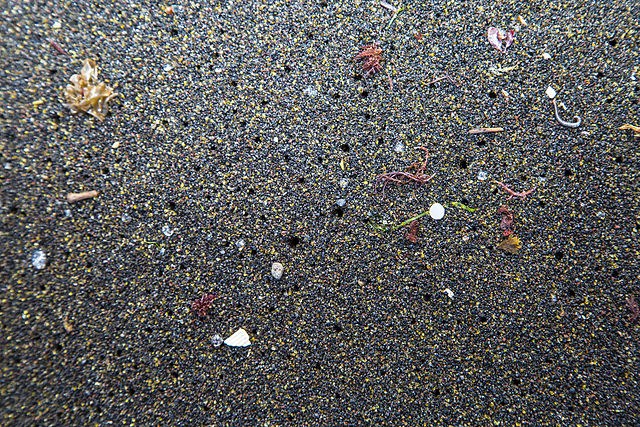A group of scientists in Flanders have discovered a new way to keep track of the smallest of microplastics, the Flemish Institute for Technological Research (VITO) announced Thursday.
VITO researchers working jointly with scientists in the University of Ghent (UGent) developed a method to track microplastics, a breakthrough finding for researchers studying global plastic pollution.
The monitoring method they developed was drawn from a technique called ICP mass spectrometry, used to identify heavy metals in different types of steel, which the researchers applied to the tracking of microplastics.
In a press release, VITO said that more research was needed to effectively use their tracking method in order to separate microplastics from particles of natural origin.
The research centre also said that their technique also needed to be optimised further in order to make it capable of detecting nano plastics, bits of plastics that are smaller than 1 micrometre.
"In 2017, it was estimated that between 1950 and 2015, around 6,300 million tons of plastic waste were generated, the majority of which ended up in landfills or in natural environments," VITO wrote in the press release.
Recent research in plastic pollution has found that these micropollutants have already started making their way into our food chain, with scientists finding traces of plastic in the human digestive system.
The scientists hailed their discovery as an "important breakthrough," in studying the impacts of plastic pollution on human health, which are difficult to establish "because the smallest microplastic particles are difficult to observe."
Gabriela Galindo
The Brussels Times

